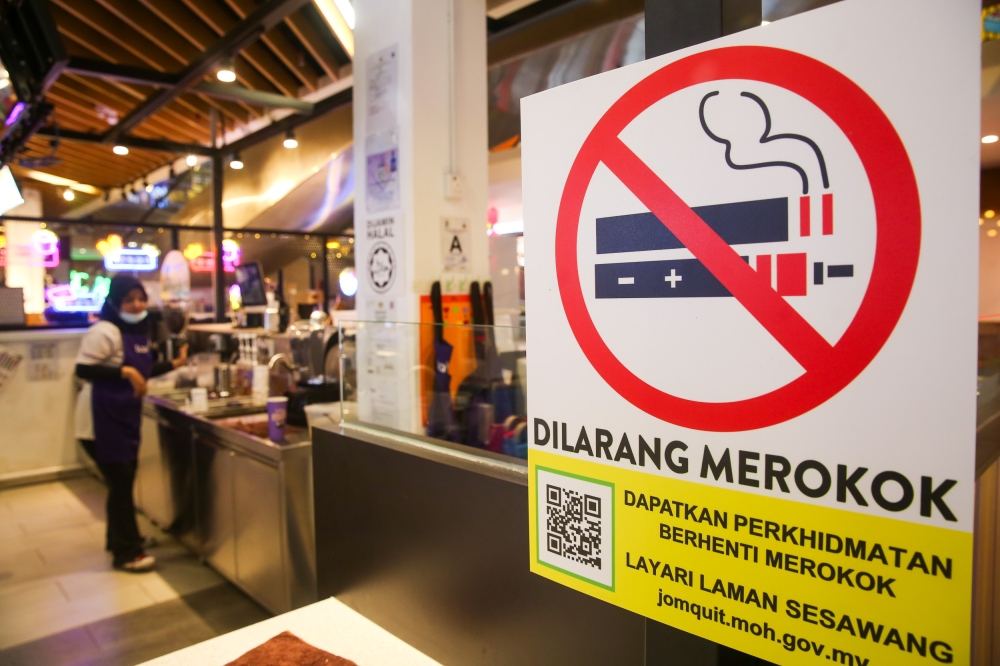KUALA LUMPUR, May 3 — Malaysia is expected to receive a further 258,570 vaccine doses from Pfizer-BioNTech this week, National Covid-19 Immunisation Programme (NIP) coordinating minister Khairy Jamaluddin said today.
In a joint press conference with Health Minister Datuk Seri Dr Adham Baba, Khairy said the vaccines would arrive in three shipments between May 5 and May 7.
“The first on Wednesday (May 5) will involve the delivery of 191,880 doses, 59,670 doses on Thursday (May 6) and 7,020 doses on Friday (May 7),” he said.
Khairy also said the government was awaiting the delivery of Sinovac vaccines from Pharmaniaga’s factories that were currently bottling the vaccines for distribution within this month.
He also said Malaysia currently possessed 1,971,450 doses of Covid-19 vaccines to be administered to the population.
Later, Khairy also said Malaysia was expecting the arrival of some 1.1 million AstraZeneca vaccine doses this month via the Covid-19 Vaccines Global Access or Covax.
This will be followed by another 610,000 doses from AstraZeneca itself in June, 410,000 doses in July and 1.2 million doses in August and September respectively.
On a separate matter, Khairy said the federal government’s offer for Sarawak to participate in the special AstraZeneca vaccination exercise remained open if the latter decided to change its mind.
Previously, Sarawak’s State Disaster Management Committee (SDMC) advisor Datuk Seri Dr Sim Kui Hian said Sarawak will not be using the AstraZeneca vaccines for the NIP implementation in the state.
Khairy said public confidence in the aforementioned vaccine was high, as evident when all available opt-in slots were fully booked by Malaysians within three hours of its opening.
“As we can see yesterday, the confidence towards AstraZeneca is good. So it is up to the Sarawak government.
“If they decide to accept AstraZeneca, after seeing how it is well-received yesterday, I am open to it,” he said.
The federal government announced a separate AstraZeneca Covid-19 vaccine programme last month after concerns emerged that the European-made vaccine could cause potentially fatal blood clots in very rare instances.
Although the World Health Organisation has since assured people that the risk of contracting and dying from the Covid-19 disease is significantly higher than getting dangerous side effects from the vaccine, fears still remain.

















